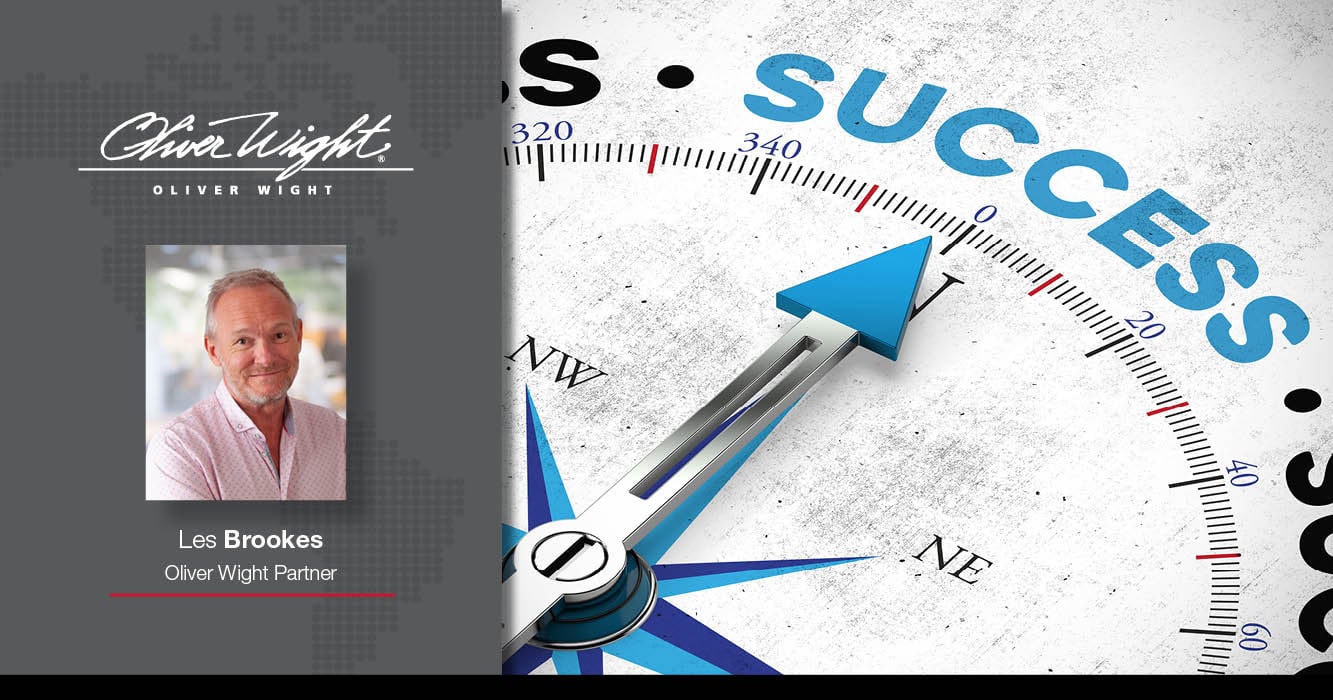Five factors to consider to choose the perfect consultancy
25 Apr 2023
Blog

In 2023, it is business-critical for businesses to innovate and evolve – and given the need for speed, engaging consultants is vital. But, while making that decision is easy, choosing the right consultancy for your business is much more challenging.
Many business leaders I speak with are less willing to partner with the big-four consultancies than they once were, despite their pedigree. There is a sense that a cookie-cutter approach does not offer great value at a time when an economic crisis is looming. And the sheer size of these organisations means that the people selling will often not be the same ones steering the project, and that lack of continuity is a big turn-off. Surely people still buy people.
Leaders seem to have even lost faith in the big consulting firms. Additionally, there is more of a desire and need for more change to be people-focused rather than just process- and technology-focused.
Companies want a truly bespoke service, quicker integration and trusted experts to help accelerate meaningful change. The right consultants can provide genuine and niche expertise – or, if not, at least be honest about their capabilities – offer an objective perspective and deliver cost and time savings while assisting with change management.
But there are many pitfalls to avoid when choosing the ideal consultancy partner. Below are five key factors to think about when making the selection that could steer your business to success.
- Consulting style
There are different approaches consultants may take, including knowledge transfer and hands-on delivery of results. Consider the style that would best suit your business and its needs. Do you want a more hands-on approach, with consultants directly delivering the desired outcome, or would you prefer a knowledge-transfer model, where your team learns from the experts and takes on the responsibility of implementation whilst being coached by the consultants?
- Involvement
One common concern when hiring a consultancy is the level of involvement from the person who initially sells the service. If you want to ensure that what you are sold is delivered, you might want the consultants you engage with during the sales process to be part of the team that will help drive and complete the project. This consistency helps maintain trust and avoids the need for knowledge transfer between different consultants, which can slow things down.
- Trust
Trust is a critical aspect when choosing a consultancy. You’re not only entrusting them with the delivery of your desired outcomes but also with your organisation’s people and reputation. Selecting a consultancy that values honesty and transparency is essential, especially when discussing its capabilities and limitations. Sometimes, it’s better for a consultancy to admit they can’t do something rather than say yes and struggle to deliver on their promise.
- Peer-to-peer capability
Choosing a consultancy that can work effectively with your executive leadership and the rest of the organisation is essential. This involves having the relevant expertise and experience to relate to your team and build a strong working relationship.
- Stability of the team
Maintaining consistency in the team working on your project is vital. A recent example is a top law firm that established an advisory for mergers and acquisitions to ensure consistency throughout the deal process, leading to faster and more efficient outcomes.
At Oliver Wight, we pride ourselves on our hands-on approach and commitment to working closely with our clients. We ensure that the Partners that business leaders engage with during the sales process are part of the team that will deliver the project, providing the necessary expertise and experience to foster a successful partnership. In 2023, that commitment and trust are invaluable.
Author(s)
-
